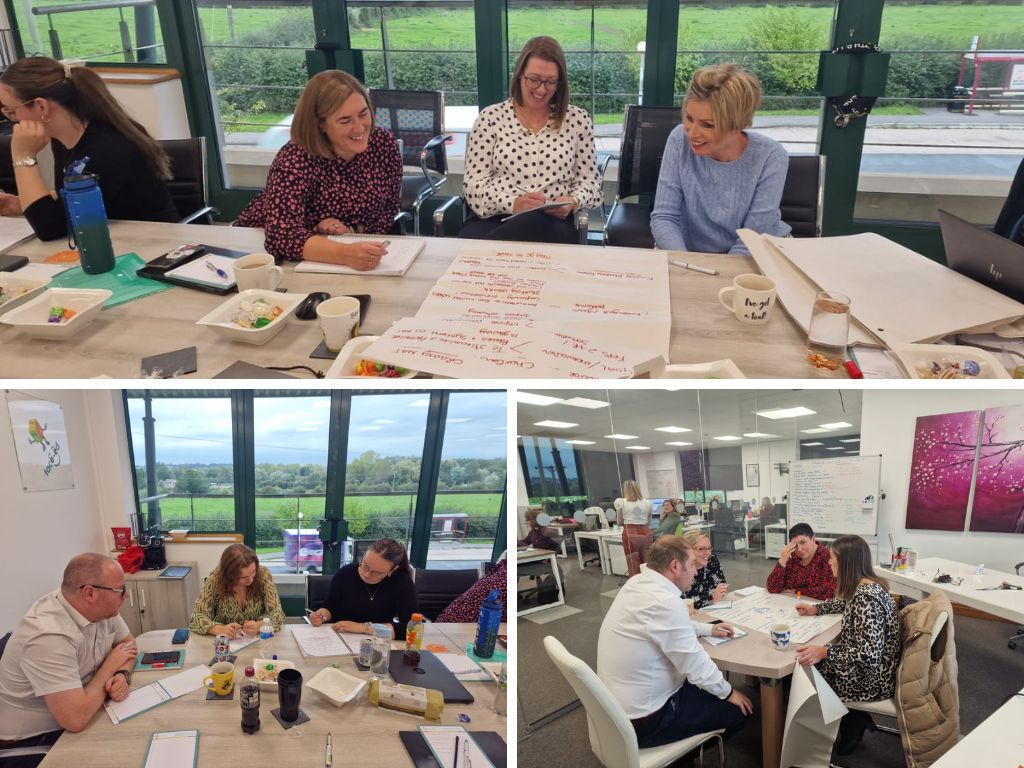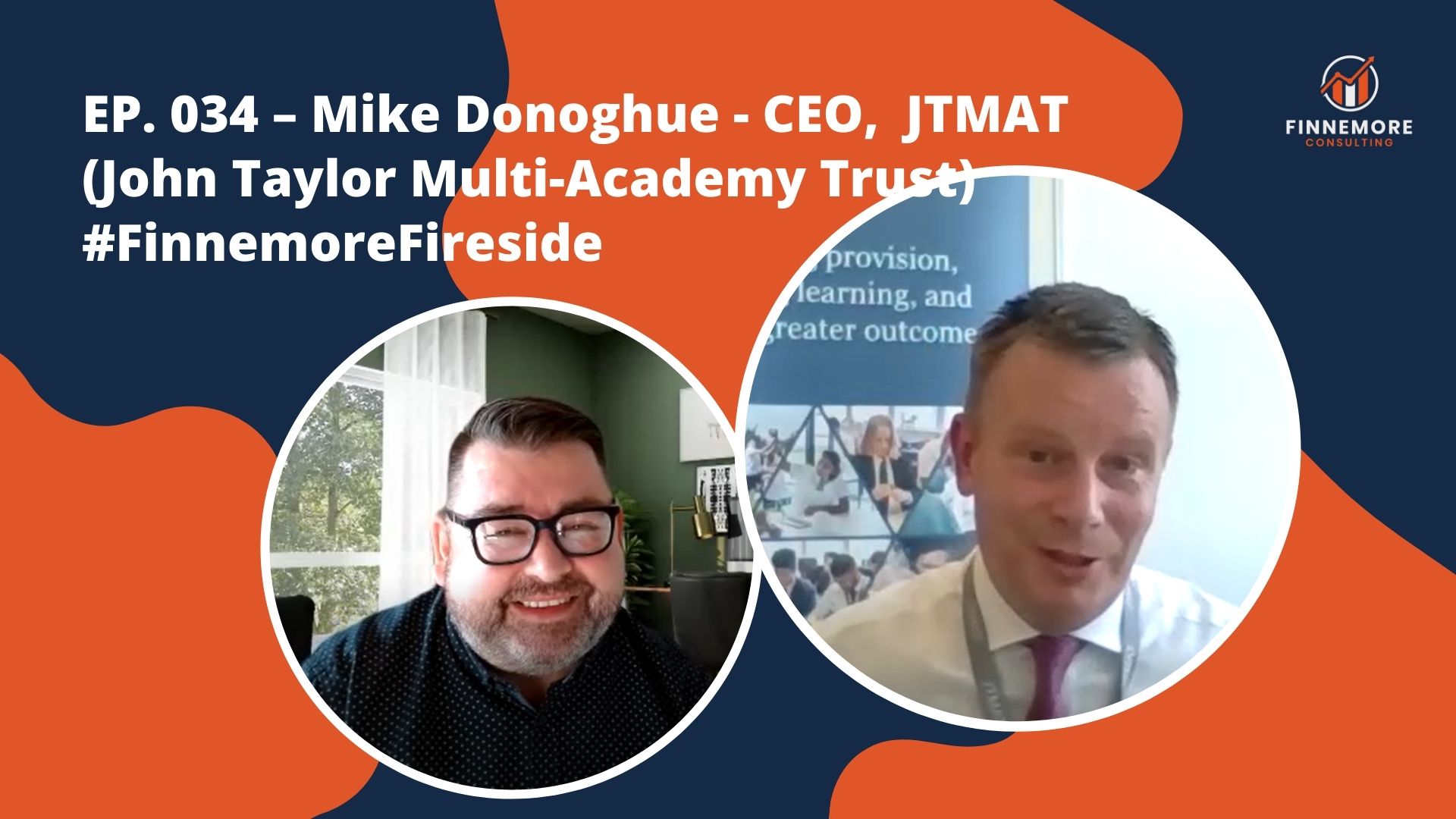Whether you’re navigating interviews, Q&A sessions, or engaging in conversations with stakeholders, mastering the art of media training can be the key to success as it keeps the focus ON the things you want to talk about and AWAY from those you don’t.
Here are three key tips I learnt in media training to elevate your communication game:
1. Know your North Star
The key to a good Q&A is don’t answer the question you’re asked, answer the question you wish you were asked. If there’s a crucial message you want to get across, that’s your North Star. Practice answering questions that lead you back there.
Then if they keep commenting on something trivial or something you don’t know well, you can bring the conversation back to what matters.
2. Don’t speak for others.
If somebody says “You must be shocked by your competitors’ collapse” don’t take the bait. Instead say you’ll let that person comment on their situation, and then bring the conversation back to your area of focus.
3. Have command of two or three recent statistics that support your perspective.
You don’t need to be a walking encyclopaedia, but a few stats are very compelling. Make sure they are no more than two or three years old, and that you can cite your sources.
What More Can You Do?
While the strategies above are indispensable, there’s always room for refinement. Here are a few additional tips to enhance your performance during Q&A sessions and interviews:
4. Active Listening: Pay close attention to the questions posed to you. Understanding the intent behind each query allows you to tailor your responses more effectively.
5. Authenticity: Stay true to your brand and values. Authenticity resonates with audiences far more than rehearsed or scripted responses.
6. Bridge Techniques: Master the art of bridging—seamlessly transitioning from the question asked to the point you wish to convey. This technique allows you to maintain control over the conversation.
7. Practice, Practice, Practice: Like any skill, effective communication requires practice. Engage in mock interviews, seek feedback, and continuously refine your approach.
By harnessing these insights and refining your communication skills, you’ll be better equipped to give interviews which drive your vision forward with clarity and conviction.
What else would you add? What do you find helps when you’re involved in Q&A sessions or interviews?


